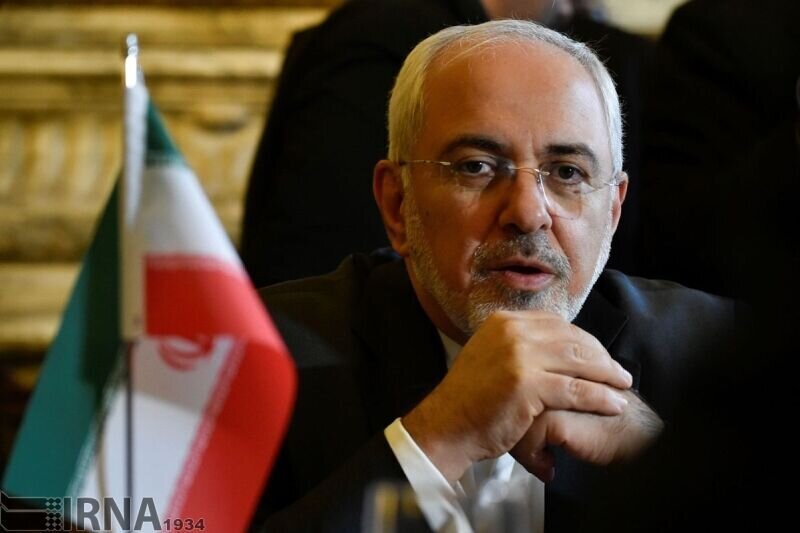Zarif: ‘Even Saudis themselves don't believe the fiction of Iranian involvement’ in Aramco attack

TEHRAN – Iranian Foreign Minister Mohammad Javad Zarif said on Friday that “even the Saudis themselves don't believe the fiction of Iranian involvement” in the attacks on the Aramco oil facilities, citing Saudi Arabia’s retaliation attack on Hodaideh in Yemen as a reason.
According to Press TV, Saudi Arabia announced on Friday that it had launched a military operation against Hodaideh because the port city was being used by Yemeni fighters to launch ballistic missiles and drones.
In a post on his Twitter account, Zarif said it was "curious" that the Saudis, who had blamed Iran for the September 14 air raids on two major Saudi oil facilities, had retaliated against Hodaideh in violation of a UN-brokered ceasefire agreement signed in Stockholm in December 2018.
“Since the Saudi regime has blamed Iran—baseless as that is—for the attacks on its oil facilities, curious that they retaliated against Hodaideh in Yemen today—breaking a UN ceasefire. It is clear that even the Saudis themselves don't believe the fiction of Iranian involvement.”
A Yemeni military spokesman described the assault as a serious escalation and a reprisal for the Yemeni assault on the Saudi oil installations.
Both Riyadh and Washington are continuing to point the finger directly at Iran, with the U.S. Secretary of State, Mike Pompeo, describing the attack as an act of war by Tehran. Donald Trump has also made a veiled military threats against Iran, saying the U.S. was “locked and loaded”.
Tehran has vehemently rejected accusations of involvement in the raids as "lies" and warned of "an all-out war" in the event of military strikes against the country.
In a letter to the UN Security Council on Friday, Iranian Ambassador to the United Nations Majid Takht Ravanchi said, “It has become a standard practice of certain officials of the United States who, following any incident -- no matter where and by whom – without exception, immediately and without any investigation and evidence, declare Iran as the culprit.”
Takht Ravanchi added, “This “maximum deception” campaign is in line with and a living example of the so-called “maximum pressure” policy of the United States against Iran.”
On Friday, Yemeni Ansarullah’s president of the Supreme Political Council Mahdi al-Mashat said Yemenis were calling a halt on drone and missile attacks, hoping "the gesture would be answered" by the Saudis.
Al-Mashat said the peace plan was aimed at ending the conflict "through serious negotiations to achieve a comprehensive national reconciliation which does not exclude anyone".
The official, however, warned that the Yemenis “would not hesitate to launch a period of great pain” if their call for peace was ignored.
Saudi Arabia and its allies launched the war on Yemen in March 2015 in an attempt to reinstall the toppled government of Mansour Hadi who was toppled by the people. The Western-backed offensive, coupled with a naval blockade, has destroyed the country’s infrastructure, and led to a massive humanitarian crisis.
PA/PA
Leave a Comment